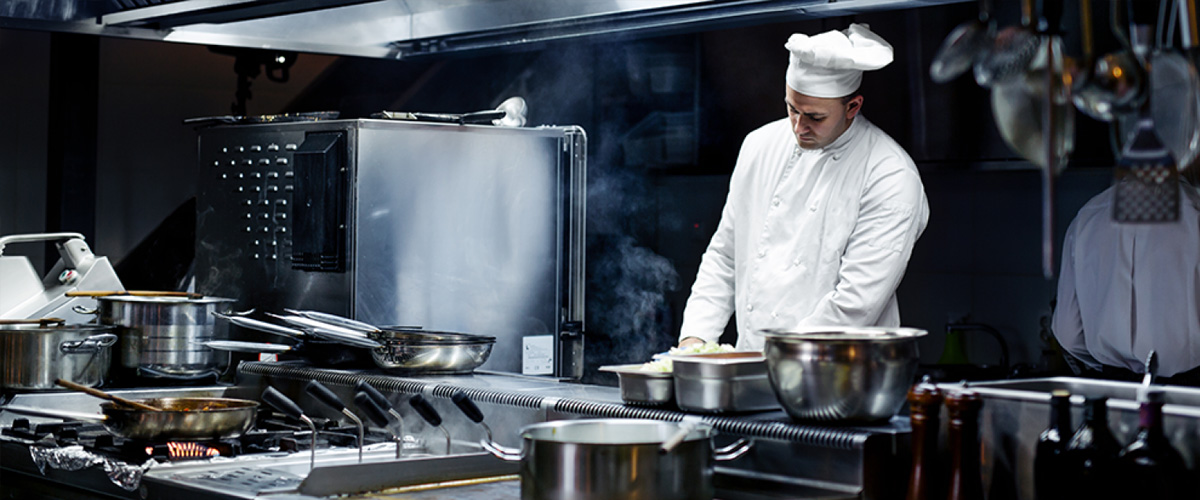Write-offs of products are waste during processing, products that have expired, chefs’ mistakes, etc.
Write-offs are inevitable at any enterprise, but they should be minimized as much as possible!!!
It may seem that 0.002% and less is a fiction. Although, in fact, everything is simple! You just need to follow a few simple rules that allow you to achieve practically zero write-offs:
⠀
📍Accept only high-quality raw materials for production. After all, after receiving raw materials, the responsibility passes to the kitchen
📍Return poor-quality goods. Suppliers, after 2-3 returns, will stop bringing you bad goods, it is not profitable for them
📍Order 70-80% of the products from the volume of its sales. If the supplier brought more, at its discretion, then return the goods
📍When producing a semi-finished product, always look at how much it is sold for its shelf life. Do not make more than 70-80% of this volume
📍Cook strictly according to recipes, everything that differs from the recipe is a write-off! Due to the fault of the chef, due to non-compliance with standards
📍Monitor storage conditions, observe commodity proximity, the FIFO principle, packaging conditions and shelf life of products
📍Regularly check the temperature regimes of refrigeration equipment and the goods in it
📍When producing a semi-finished product, set the implementation dates and monitor them. On the finished semi-finished product, indicate the responsible employee who prepared it.
⠀
By following these rules, you can achieve almost zero write-offs. And, if your Chef is motivated by KPIs for cost and write-offs, then you need to remember that one indicator can affect the other! Write-offs always increase the actual cost of the product.

01
Feb




